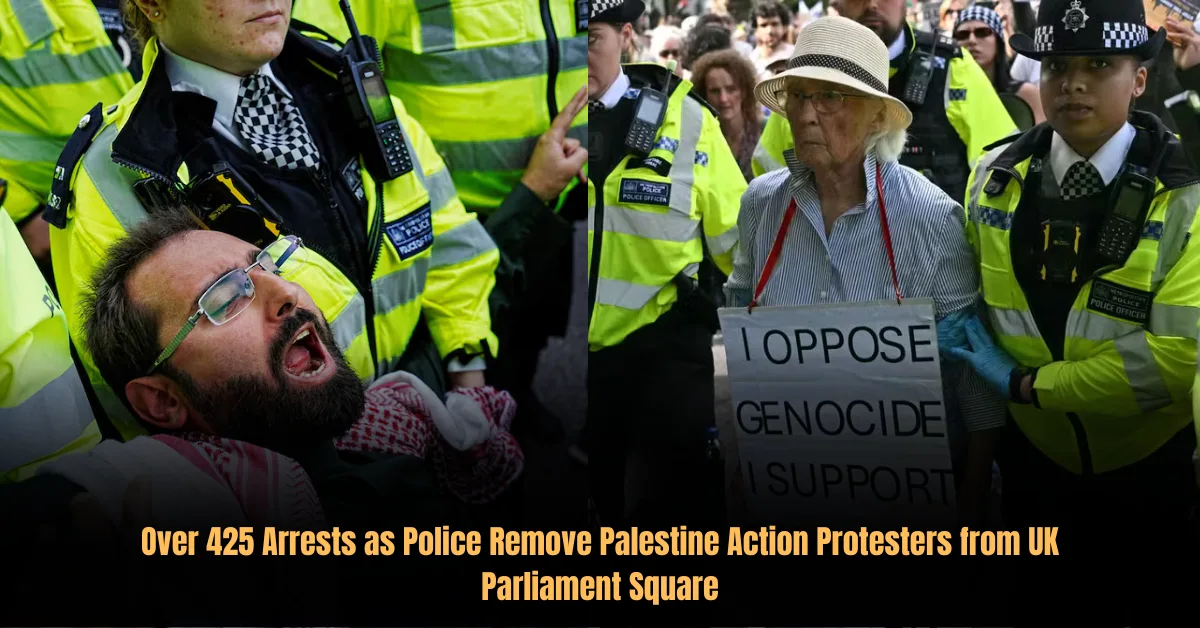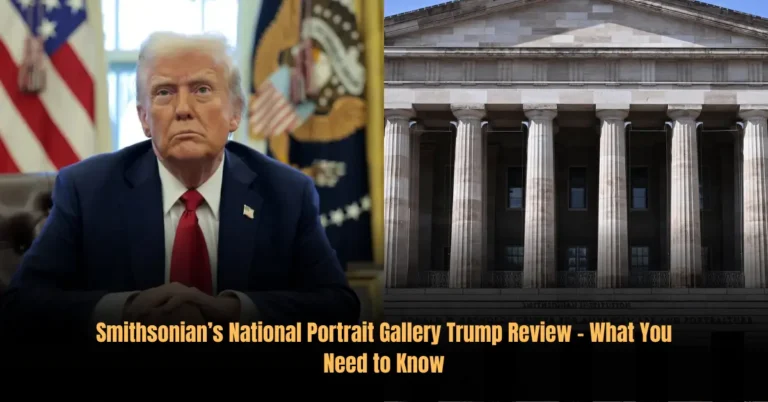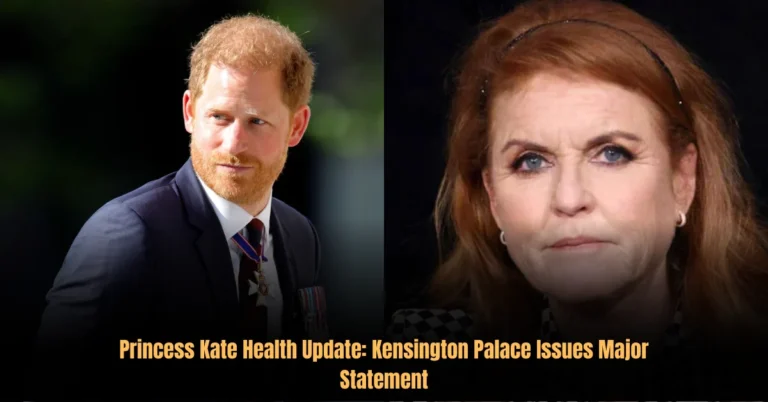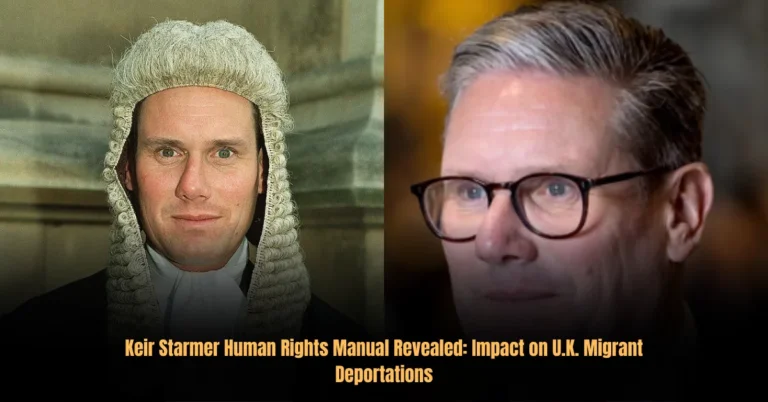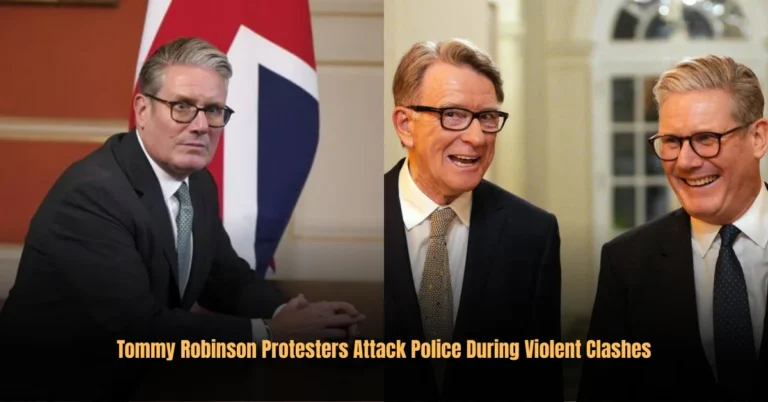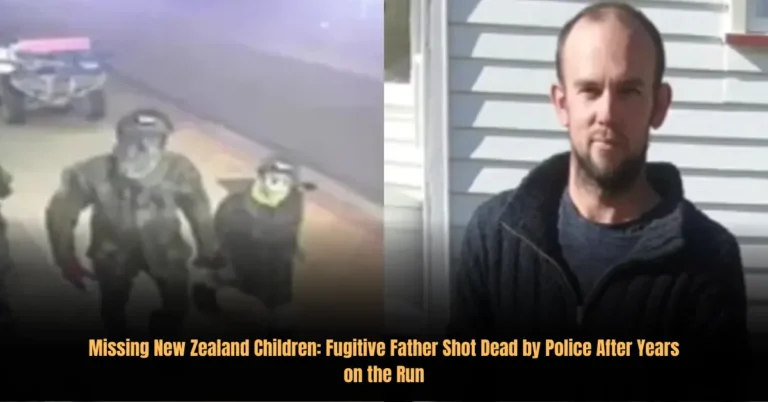Over 425 Arrests as Police Remove Palestine Action Protesters from UK Parliament Square
The Day the Square Stood Still: A Bold Act of Defiance
Something very unusual happened in London’s Parliament Square. It was not a normal day. The square became the center of a big clash between police and protesters. More than 425 people were arrested.
The protest was organized by a group called Defend Our Juries. They were standing against the UK government’s decision to call another activist group, Palestine Action, a terrorist group. The government had banned Palestine Action under terrorism laws.
This protest raised many big questions. People started asking if freedom of speech and civil rights in the UK were under threat. Many also wondered if using anti-terrorism laws against protesters was fair or not.
For many people, it was shocking to see so many, including old men and women, arrested just for holding signs. Some of those arrested were even war veterans. This showed the strong power of the state and how serious the government was about this law.
In this article, we will look deeply at what happened that day, why people were arrested, the legal reasons given by the government, and what this all means for British society in the future.
A Sea of Signs and a Show of Solidarity
When you looked at Parliament Square that day, you could see the protest was not random. It was carefully planned. The protest was called the “Lift the Ban” rally.
People came from all over the country to join. They carried simple but very powerful signs. The signs all said the same seven words:
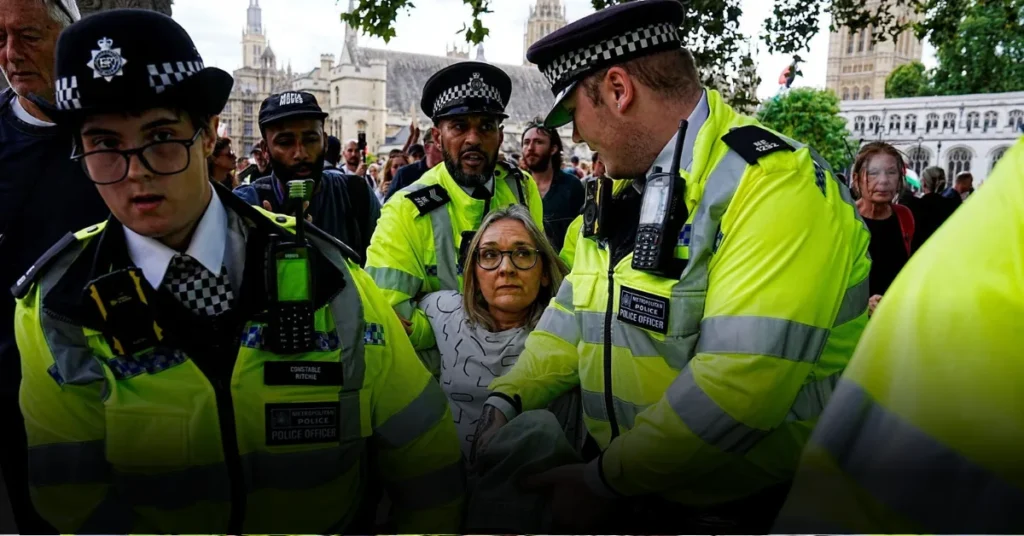
“I oppose genocide. I support Palestine Action.”
This was a direct challenge to the UK government. By holding these signs, protesters were openly showing support for Palestine Action, which the government had just banned as a terrorist group. They knew this act could get them arrested. They also knew the punishment could be up to 14 years in prison.
But still, hundreds of people joined. The group of protesters was very mixed. Some were experienced activists. Some were young people coming for their first protest. Some were veterans who had served in the military. Others were old people who felt they had to stand up for what they believed.
Also Read: Triple H Breaks Silence on AJ Lee’s Possible WWE Return
The protest was not violent. People were calm, standing together, chanting and holding their signs. They shouted “shame on you” at the police, but they did not fight. Their main goal was to show unity and make it very hard for the police to control the situation.
This show of solidarity forced the police to make mass arrests. The plan worked: the police had to spend hours arresting people one by one. The protest also gained huge international attention because so many were arrested at once.
The Unfolding Drama in Parliament Square
The police operation started very quickly. Only a few minutes after the protest began, the police moved in.
Officers formed lines and started arresting anyone holding the protest signs. Because there were so many people, the arrests took a long time.
Many protesters used a method called “go limp.” This means when police try to arrest you, you do not fight back but you also do not walk. You let your body go soft so police have to carry you away. This is a peaceful form of resistance, but it makes arrests much slower.
Police officers had to physically lift people and drag them into vans. This created dramatic scenes in the square.
Deputy Assistant Commissioner Claire Smart, the police officer leading the operation, said her officers faced “intolerable abuse.” She claimed protesters punched, kicked, spat on, and threw objects at the police.
But the protest organizers said something very different. They said the protest was peaceful and that any violence came from the police themselves when they tried to arrest people.
One man who joined the protest, a former Royal Air Force (RAF) veteran, gave an important statement. He said:
“As somebody who was in the air force, attacking an air force jet is not something I would do. But even if someone damages property, that is not terrorism. Terrorism means something much more serious.”
This statement shows how divided the public is. Many people do not understand why a protest group was banned under anti-terrorism laws when their main actions were damaging property and protesting outside companies.
The Legal Loopholes and the Terrorism Act
The UK government used the Terrorism Act 2000 as the legal reason for the arrests.
Section 13 of this law says it is a crime to wear, carry, or display something in public if it shows support for a banned terrorist group. Since the government banned Palestine Action, anyone showing support for them in public was breaking the law.
The government’s Department of Home Affairs decided to ban Palestine Action because they said the group was “concerned with terrorism.”
Palestine Action has carried out direct actions in the past. For example, they damaged military planes and equipment. They targeted companies like Elbit Systems UK, which they say helps Israel by providing military technology.
The government said these actions were proof that Palestine Action was dangerous. But many legal experts disagreed.
Human rights groups, including Amnesty International UK, criticized the government strongly. They said the definition of terrorism in the law is too broad. They argued that banning a protest group under terrorism law is a serious attack on free speech.
The United Nations Special Rapporteur on Counter-Terrorism and Human Rights, Ben Saul, also spoke about the ban. He said it was “disproportionate” and went against the UK’s international human rights promises.
The argument is simple: damaging property, even if illegal, is not the same as terrorism. Terrorism usually means using serious violence to scare the public or pressure the government. Protesters say Palestine Action’s activities were closer to civil disobedience than terrorism.
Why This Protest Matters
This protest in Parliament Square was not just about one group or one law. It raised deeper issues about democracy, rights, and power in the UK.
- Freedom of Speech – Should people be arrested just for holding a sign with words on it?
- Use of Anti-Terrorism Laws – Should these laws be used against protest groups, or only against real terrorist threats?
- Civil Disobedience – How should the state respond when people peacefully break the law to make a political point?
- Public Opinion – The protest showed many ordinary people are willing to risk arrest to speak out.
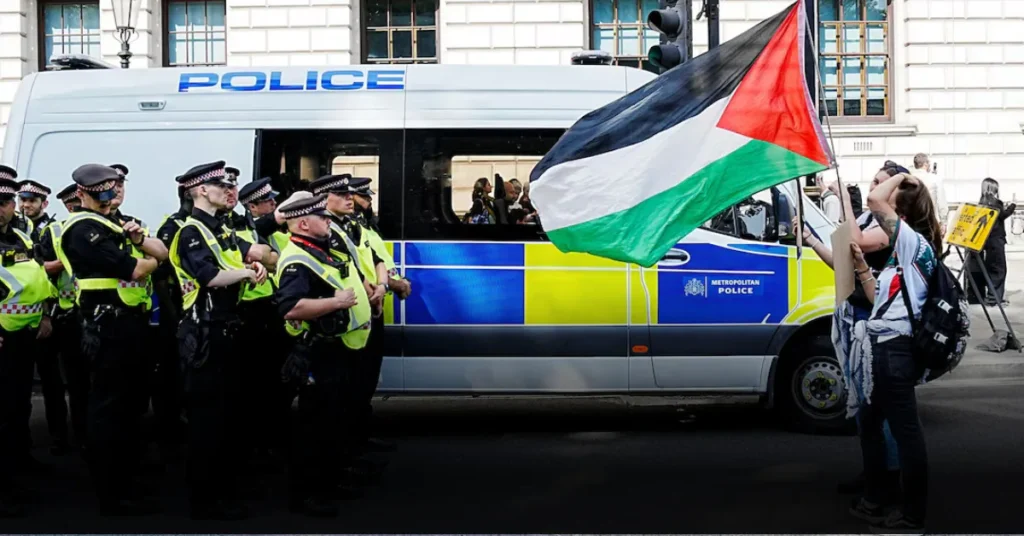
The arrests may also have a chilling effect. This means people may become afraid to join protests in the future. They may worry they could be arrested and sent to prison just for holding a sign.
At the same time, the protest has also inspired others. Many saw the bravery of those arrested and felt encouraged to keep speaking out.
The Voices Behind the Signs: A Diverse Coalition
The people who were arrested in the London protests were not just one type of person. They were not only young or only radical. They came from many different groups and ages. In a past protest, more than half of those arrested were over 60 years old. One of them was even an 81-year-old grandmother. In the latest protest, where 425 people were arrested, the mix of ages was the same.
Also Read: Smithsonian’s National Portrait Gallery Trump Review – What You Need to Know
The movement is made up of many types of people. There were veterans who once served their country. There were students who are still in school or university. There were also many unexpected people from different walks of life. This shows that the pro-Palestinian movement is not only for the young or for so-called radicals. It has supporters from all ages and backgrounds.
Many of the older protesters said they had been active in peaceful protests for their whole lives. They believed in democracy and free speech. These people were shocked by how the government responded with force. They could not believe that peaceful protest was being treated as a crime.
Their participation shows something bigger. It shows that many persons in the nation feel the govt is going too far. Arresting so many peaceful protesters seeks like an example of the govt communicating away people’s freedoms. It feels like a dangerous move against simple liberties.
For many, the protest was not just about Palestine Action breaking a ban. It was about something wider. It was about the basic right of people to protest, to speak up, and to ask their government to do better—without being afraid of being called a terrorist supporter.
What Happens Next? The Road to the High Court
The story of the Pro-Palestine protest in London 2025 is not finished. The arrests have already caused a big problem for the police and the courts. The Metropolitan Police now have to handle hundreds of cases. Many protesters refused to give their names or details, which makes the process slower and harder.
Some of the arrests are also connected to charges of assaulting police officers. This will likely become a major debate. Were people really violent, or was the police action too aggressive? These questions will be asked in court and in public discussions.
The most important thing now is the legal case. Palestine Action has been allowed to take the case to the High Court. They want to challenge the government’s ban. They say the ban is not fair and is too extreme. They are argue it is a violation of freedom of expression and freedom of assembly—corrects that are supposed to be protected in a democracy.
The outcome of this issues will be important. If the court agrees with the govt, it means the ban will stay and protests could face even tougher rules. If the court rules against the govt, it could be a large victory for free speech and protest correct.
This legal battle will be watched closely by human correct groups and civil liberty activists all around the world. Many need to seek if the United Kingdom will protect the correct to protest or if it will stand by harsh laws that treat peaceful dissent as terrorism.
A New Era of Protest: Adapting to the Ban
The new ban has completely changed how protests can happen in the UK. Before, holding a placard or marching was seen as a basic democratic action. Now, even holding a small sign can be seen as supporting terrorism. This makes protesting very risky.
Activists now have to find new ways to continue. Groups like Defend Our Juries are trying new forms of protest. Instead of normal marches, they use bold acts to show how unfair the law is. Their plan has been to get many people to commit the same small act that is criminal under the Terrorism Act. By doing this openly, they want to show how unreasonable the law is. They want to make it clear to the public and the world that the law is impossible to apply fairly.
The government hoped the ban would scare people and make them stop protesting. This is called a “chilling effect.” But in reality, the opposite seems to have happened. The large number of arrests has made more people support the protesters. Many in the public now see them as ordinary citizens fighting for justice, not criminals.
International organizations have also reacted. The United Nations (UN) and Amnesty International have both criticized the UK for using anti-terrorism laws against peaceful protesters. The issue is no longer just local. It has become a global symbol of the fight for human rights, freedom of speech, and the right to protest peacefully.
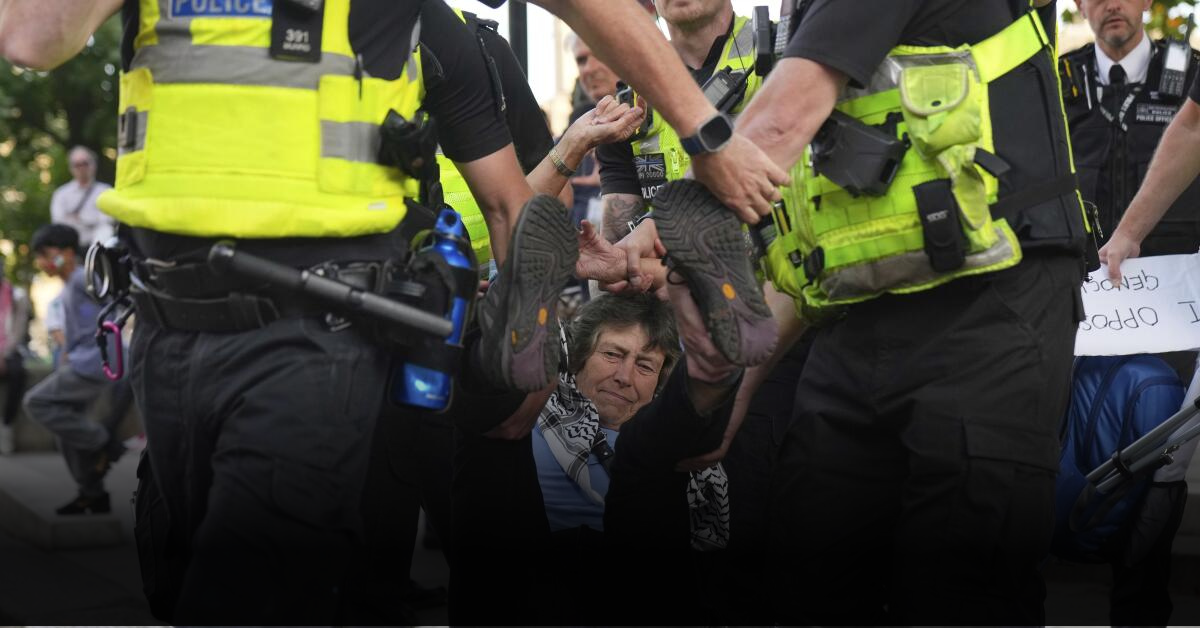
Frequently Asked Questions (FAQs)
-
What is Palestine Action?
Palestine Action is a protest group in the UK. They take direct action against companies they say help in the oppression of Palestinians. They mainly target arms companies that sell weapons to Israel. Their methods include protests and sometimes damaging property to stop what they see as harmful business.
-
Why was Palestine Action banned?
The UK government banned Palestine Action under the Terrorism Act 2000. They said the group was involved in acts like vandalism of military aircraft and other property damage. The government called these actions terrorism.
-
What is the Terrorism Act 2000?
This is a UK law that explains what terrorism is. It gives the government power to ban organizations if they are said to be linked to terrorism. The law is broad and has been criticized for being used too widely.
-
What is a “proscribed organization”?
A proscribed organization is one that has been banned by the government under anti-terror laws. It is a crime to be a member of such a group or even to show public support for it.
The Global Echo of a Local Protest
What happened in London’s Parliament Square is not just about one city or one group. It is part of a much larger global struggle. People everywhere are debating human rights, free speech, and the right to protest.
Also Read: Mental Health Crisis 2025: Over a Billion People Affected, Urgent Call to Scale Up Services
The courage shown by the protesters, the legal battles being fought, and the worldwide criticism of the arrests all show how serious this issue is. It is not just about Palestine Action—it is about democracy itself.
Images of peaceful people being arrested just for holding signs will be remembered and shared across the world. These moments spark big questions: What does democracy mean if people cannot protest? What does freedom mean if a placard can make someone a criminal?
This is why the protests in London have become more than just a local event. They are now part of the global conversation on liberty, justice, and the limits of state power.
Author Bio
Shoaib Khan Ritter is a journalist and analyst who writes about human rights and civil liberties. With a Master’s degree in International Relations and more than ten years of experience, he focuses on how governments and citizens interact, and how people fight for their rights in different parts of the world.
For writing projects, articles, or guidance, you can directly contact Shoaib Khan Ritter at +92 3488410173.

